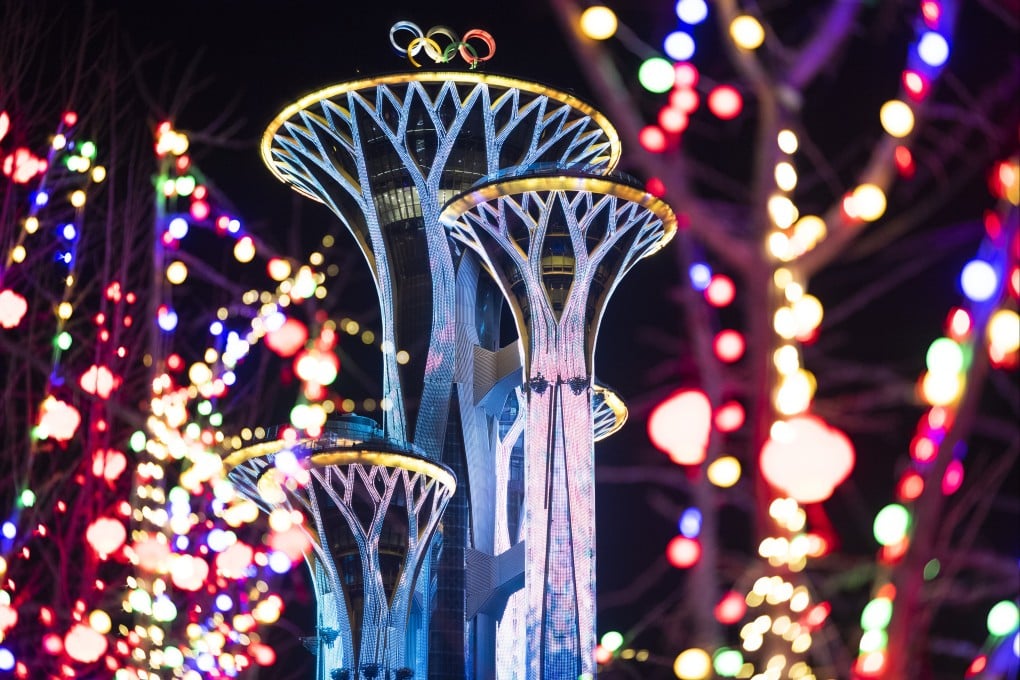Winter Olympics: sport, politics and Covid all on display as Beijing prepares for official opening of 2022 Games
- President Xi Jinping says eyes of world are turning to China ‘and China is ready’
- International Olympic Committee chief Thomas Bach predicts Beijing Games will ‘change the scale of winter sports forever’

Thomas Bach, the president of the International Olympic Committee, said on Thursday the Beijing Olympics would “change the scale of winter sports forever”, but he has had to repeatedly defend his organisation’s decision to make the Chinese capital the first city to host both a summer and winter Games.

There were 55 new Covid-19 infections among Olympic Games-related personnel on Wednesday, 29 of which were detected at the airport, with the rest among those in the “closed loop” bubble that separates all event personnel from the public.
Since January 23, there have been 287 positive tests among Games-related personnel from a total of 610,000 tests.
China’s strict pandemic control measures, which lie in stark contrast to those in force at the Tokyo Olympics last summer, were always likely to be a feature of the Games, and infections among athletes and officials have already disrupted some plans.